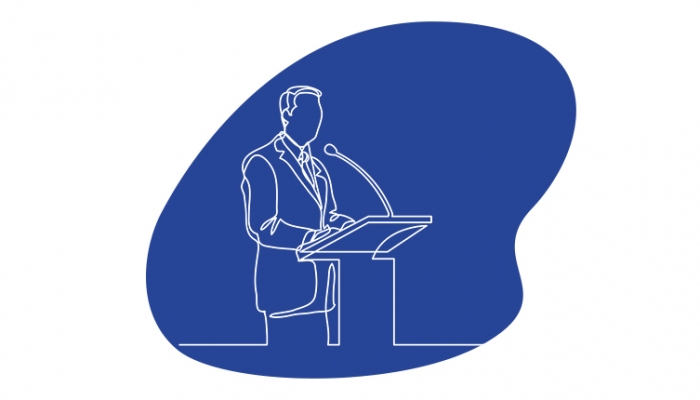Looking back at Prime Minister Rishi Sunak’s first 100 days in office
Looking ahead to Chancellor Jeremy Hunt’s spring budget on 15 March, it appears Prime Minister Rishi Sunak may be in a better position than initially expected, with The Guardian reporting that the Office for Budget Responsibility (for the 2022-23 financial year) has said that cumulative borrowing is £30bn less than expected at £108.7bn. However, perhaps the most acute short-term policy challenge comes from the current situation with the public sector and the ongoing strike action across sectors.
On 2 February, Sunak marked 100 days in office. The party placed its hopes in Sunak – he has lasted longer than his predecessor (Liz Truss) and has shown confidence in his ability to stabilise the economy, but with ongoing strikes, a crisis with the NHS and bad poll ratings, the question remains over his future electoral performance.
Writing in The Sun newspaper, Sunak asked the voting public not to judge him on his first days in office. He claims he has stopped the freefall in our economy, slowed the increase in mortgage rates and heavily stepped-up support for Ukraine, sending not just weapons and ammo but now heavy tanks also. Prior to this, Sunak made his name as Chancellor of the Exchequer under former Prime Minister Boris Johnson, with the furlough scheme credited by some sections of the press and politics with saving millions of jobs as COVID-19 brought the economy to a standstill.
As Prime Minister, Rishi has kept the economy at the forefront of his policies. Alongside Chancellor Jeremy Hunt, Sunak has stressed the importance of tackling inflation. Despite this, while borrowing is far lower than expected, inflation is still higher than expected and shows no sign of lowering.
Another fundamental problem prior to Sunak taking office was the issue of uniting the party. While promising to bring back a strong party to govern the country, Rishi instead appointed a Home Secretary who had broken the ministerial code, was also forced to dismiss party chairman Nadhim Zahawi over his tax affairs, and allowed for a climate whereby Sir Gavin Williamson was forced to quit over a series of abusive messages to the chief whip. More recently, issues have risen concerning Deputy Prime Minister and Justice Secretary Dominic Raab, who has been interviewed as part of an ongoing investigation into claims he bullied civil servants, as well as the latest scandal involving Boris Johnson’s loan being secured by the chair of the BBC.
Sunak’s need to discipline his cabinet, could have influenced Britons in seeing labour as having the ability to handle issues better, by 29% to 21%.
Going into 2023-2024, Sunak has set five clear priorities or ‘urgent tasks’. The first is to halve inflation, claiming that bills are too high and increasing the issues surrounding the cost-of-living crisis. He aims to help families with £26bn of Government support as an answer to this. His second promise is to grow the economy, creating better-paid jobs and opportunity across the country. Sunak’s third promise involves the aim of reducing national debt to ensure a bright future of public services. His fourth priority lies with the mounting issues facing the NHS, claiming that ‘waiting lists will fall and people will get the care they need more quickly’. His last promised task involves passing new laws to stop small boats, essentially ensuring ‘that if you come to this country illegally, you are detained and swiftly removed’.
The Prime Minister acknowledged the vision he set out may not be delivered in its entirety this year, but concluded: ‘I will only promise what I can deliver, and I will deliver what I promise’.
For regular updates on what is happening in UK politics and public affairs, sign up to our weekly Point of Order newsletter, going out every Friday morning.






Leave a Comment